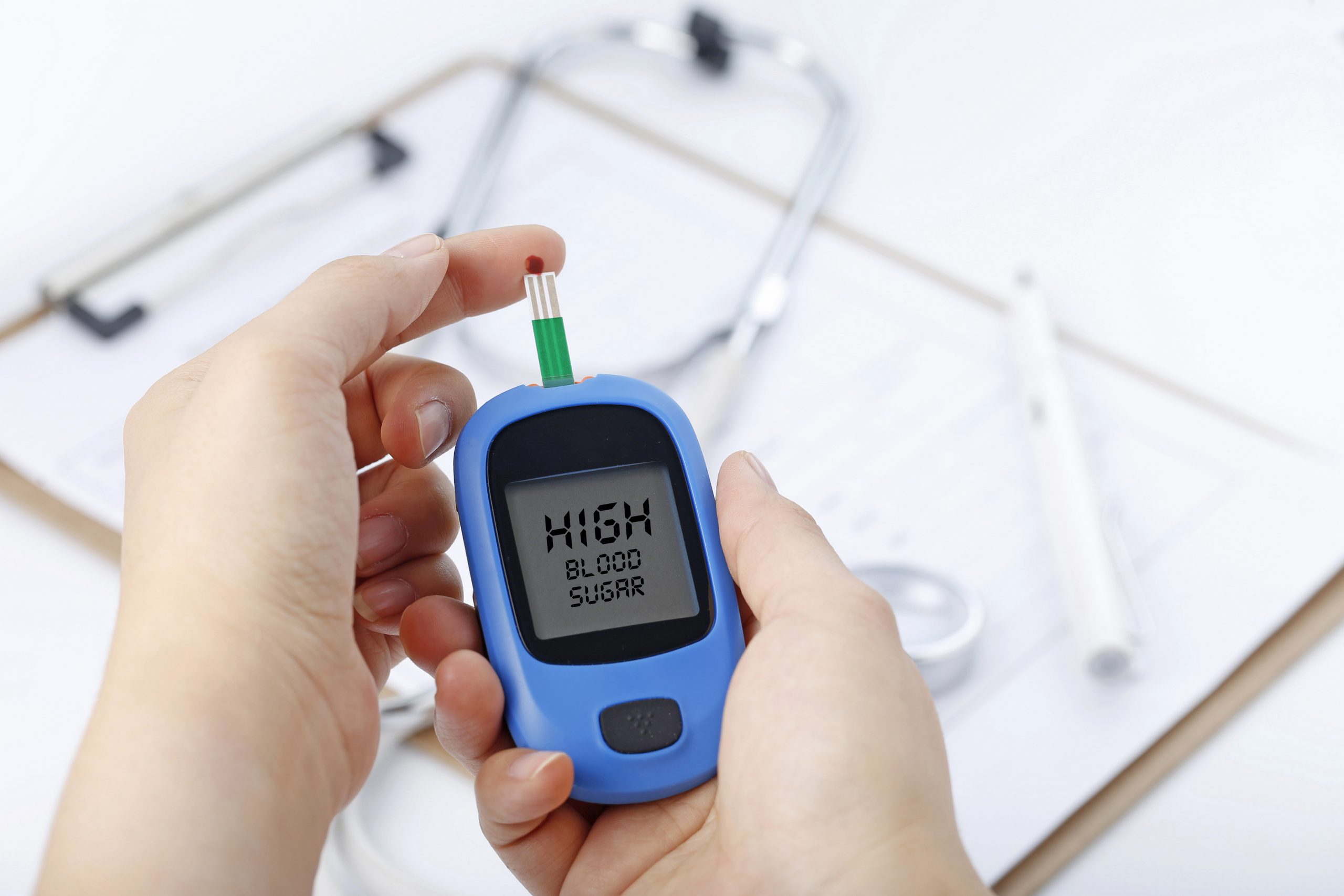

Researchers at Cedars-Smidt Sinai’s Heart Institute have verified that people who have had COVID-19 are more likely to develop new-onset diabetes, which is the primary cause of cardiovascular disease.
“Our results verify that the risk of developing type 2 diabetes after a COVID-19 infection was not just an early observation but, in fact, a real risk that has, unfortunately, persisted through the omicron era,” said Alan Kwan, MD, first and corresponding author of the study and a cardiovascular physician in the Smidt Heart Institute at Cedars-Sinai.
The majority of Americans will eventually develop COVID-19 infection; therefore, the rise is alarming, according to Kwan. “This research study helps us understand—and better prepare for—the post-COVID-19 era of cardiovascular risk,” Kwan said.
The results, which were released today in the journal JAMA Network Open, also imply that the risk of type 2 diabetes may be lower in people who had had a COVID-19 vaccination before contracting the infection.
Investigators looked at the medical records of 23,709 adult patients who were treated at Cedars-Sinai Health System in Los Angeles between 2020 and 2022 and had at least one verified COVID-19 infection. The subjects were 54% female and had an average age of 47.
During the study’s duration:
- With regard to both vaccinated and unvaccinated patients, the overall risk of type 2 diabetes after COVID-19 exposure was 2.1%; 70% of cases occurred after COVID-19 infection and 30% of cases occurred before COVID-19 exposure.
- The risk of type 2 diabetes in unvaccinated patients following exposure to COVID-19 was 2.7%, with 74% of cases occurring after COVID-19 infection and 26% of cases occurring before COVID-19 exposure.
- In patients who had received the COVID-19 vaccine, the probability of developing type 2 diabetes increased by 1.0%; 51% of cases occurred after COVID-19 infection and 49% before COVID-19 exposure.
These results suggest that COVID-19 vaccination prior to infection may provide a protective effect against diabetes risk,” said Kwan. “Although further studies are needed to validate this hypothesis, we remain steadfast in our belief that COVID-19 vaccination remains an important tool in protecting against COVID-19 and the still-uncertain risks that people may experience during the post-infection period.”
According to Susan Cheng, MD, MPH, senior author of the study, professor of cardiology, and director for cardiovascular population sciences at the Smidt Heart Institute, these findings deepen medical knowledge of COVID-19’s effects on the body while also raising questions that have not yet been resolved.
“Although we don’t yet know for certain, the trends and patterns that we see in the data suggest that COVID-19 infection could be acting in certain settings like a disease accelerator, amplifying risk for a diagnosis that individuals might have otherwise received later in life,” said Cheng, the Erika J. Glazer Chair in Women’s Cardiovascular Health and Population Science.
“So, it could be that instead of being diagnosed with diabetes by age 65, a person with pre-existing risk for diabetes might—after a COVID-19 infection—be more likely to develop diabetes by age 45 or 55.”
The pancreas is unable to produce enough insulin, a hormone that aids in controlling blood levels of glucose and amino acids, as a result of diabetes, which interferes with normal metabolism and metabolic processes. Diabetes increases the risk of heart attack and stroke because it can harm blood arteries and key organs.
In the US, the condition is thought to impact 26 million people.
According to Kwan, this discovery is an important piece of the puzzle that will assist scientists in better understanding how to lower the risk of metabolic and cardiovascular diseases in the future.
“As we learn how to live with COVID-19, we also have to be prepared to recognize and treat the various conditions linked to its aftereffects,” said Kwan. “Our ultimate goal—with every research study we conduct—is to find ways to keep people healthy and able to engage in their everyday activities and lives.”
more recommended stories
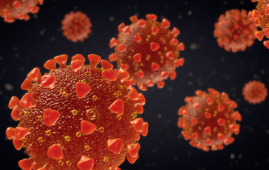 Study Reveals Cold May Impact SARS-CoV-2 Infection Rates
Study Reveals Cold May Impact SARS-CoV-2 Infection RatesThe Unexpected Protective Role of Rhinoviruses.
 Heart, Lung, & Brain Risks Persist in COVID-19 Survivors
Heart, Lung, & Brain Risks Persist in COVID-19 SurvivorsA French nationwide study reveals that.
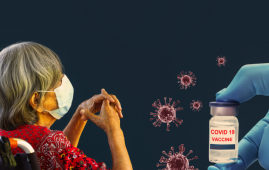 How COVID-19 and Vaccines Differ in Heart Inflammation
How COVID-19 and Vaccines Differ in Heart InflammationA team of international researchers led.
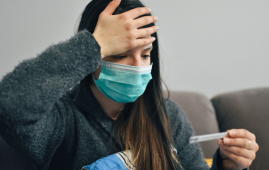 Long COVID: Extended Paxlovid Treatment Offers Hope
Long COVID: Extended Paxlovid Treatment Offers HopeA new case series by UC.
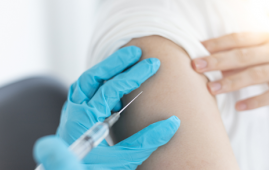 RSV Vaccine Response in Immunocompromised Adults
RSV Vaccine Response in Immunocompromised AdultsAccording to Johns Hopkins Medicine researchers,.
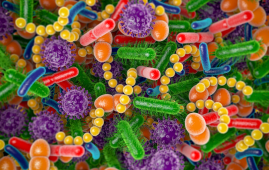 Gut Microbiome Predicts Long COVID Risk
Gut Microbiome Predicts Long COVID RiskIn a recent pre-print study published.
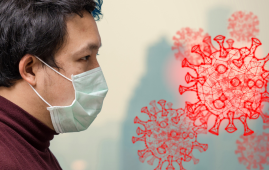 COVID-19 & Autoimmune Care Hope: Natural Proteins
COVID-19 & Autoimmune Care Hope: Natural ProteinsRecent research at Umeå University reveals.
 FasL Inhibitor Asunercept Speeds COVID-19 Recovery
FasL Inhibitor Asunercept Speeds COVID-19 RecoveryA new clinical trial demonstrates that.
 Impact of COVID-19 mRNA Vaccine on Myocardial Scarring
Impact of COVID-19 mRNA Vaccine on Myocardial ScarringA new study found a greater.
 Long-term Cognitive and Psychiatric Issues in COVID-19 Survivors
Long-term Cognitive and Psychiatric Issues in COVID-19 SurvivorsA new study published in The.

Leave a Comment